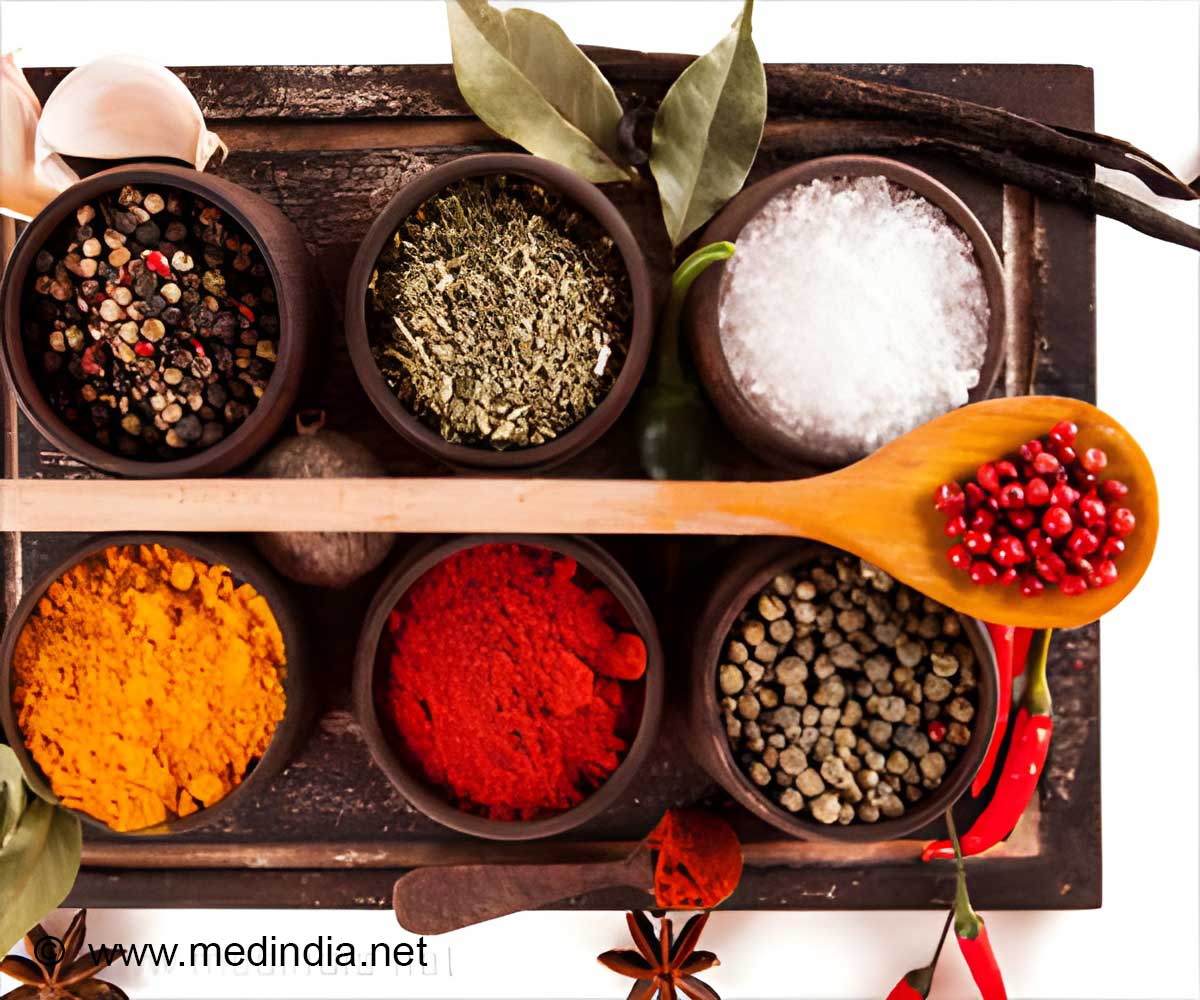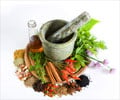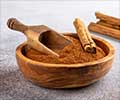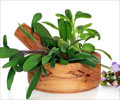Kitchen spices like nutmeg and poppy seeds, when ingested in excess, as well as indoor ornamental plants, cause negative health issues.

Be Mindful of your Extra Pinch of Spices!
“The safe limit of jaiphal consumption is up to 5gm daily. Overdose can cause vomiting, hallucination and increased heartbeat,” said Ashutosh Kumar. Similarly, he said, commonly used household spice, which is used in ayurvedic medicines, small and big ‘harad’ can cause hypoglycaemia and skin bruising.‘Take additional care when consuming kitchen spices and handling indoor ornamental plants, both of which can be harmful to your health. #kitchenspices #indoorplants #negativeimpacts’





“The most common spice that is used in food and dishes is poppy seeds (khaskhas or posta). Overconsumption of this spice can cause bradycardia (low heart rate), pinpoint pupil and skin-related problems. "Even papaya and jatropha seeds, if consumed in large quantities, can cause dysentery and nausea. Papaya seeds are used to adulterate black pepper,” he added. Indoor Plants are Pleasant to the Eyes But May be Toxic to Health!
Meanwhile, Fatima Harsha said that people should also be careful with some indoor and outdoor ornamental plants like the sago palm plant. It contains cytosine toxin which, if consumed can cause gastric distress and liver failure (1✔ ✔Trusted SourceCommon Poisonous Houseplants: Home
Go to source).
"Other plants such as philodendron, dieffenbachia, arrowhead, monstera, pothos (money plant), jade, ZZ plant, peace lily and anthurium contain a toxic substance called calcium oxalate which can cause skin irritation, eye irritation, swelling of lips, tongue and mouth, oral paraesthesia and gastric symptoms like nausea, vomiting and diarrhoea. It can also result in hypoglycaemia and renal damage. Similarly, the snake plant contains saponin chemicals that can cause swelling of mouth and lips and gastric distress,” she said.
Reference:
- Common Poisonous Houseplants: Home - (https://libguides.nybg.org/poisonoushouseplants)















